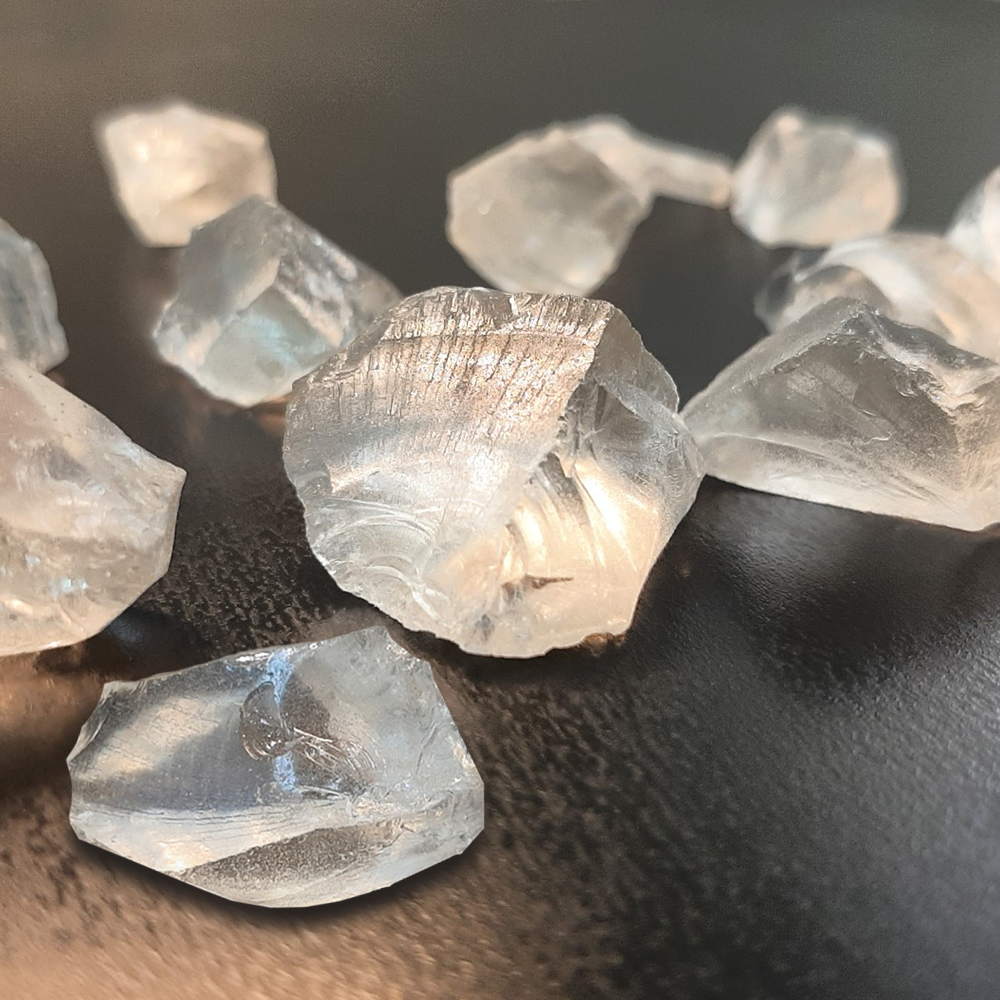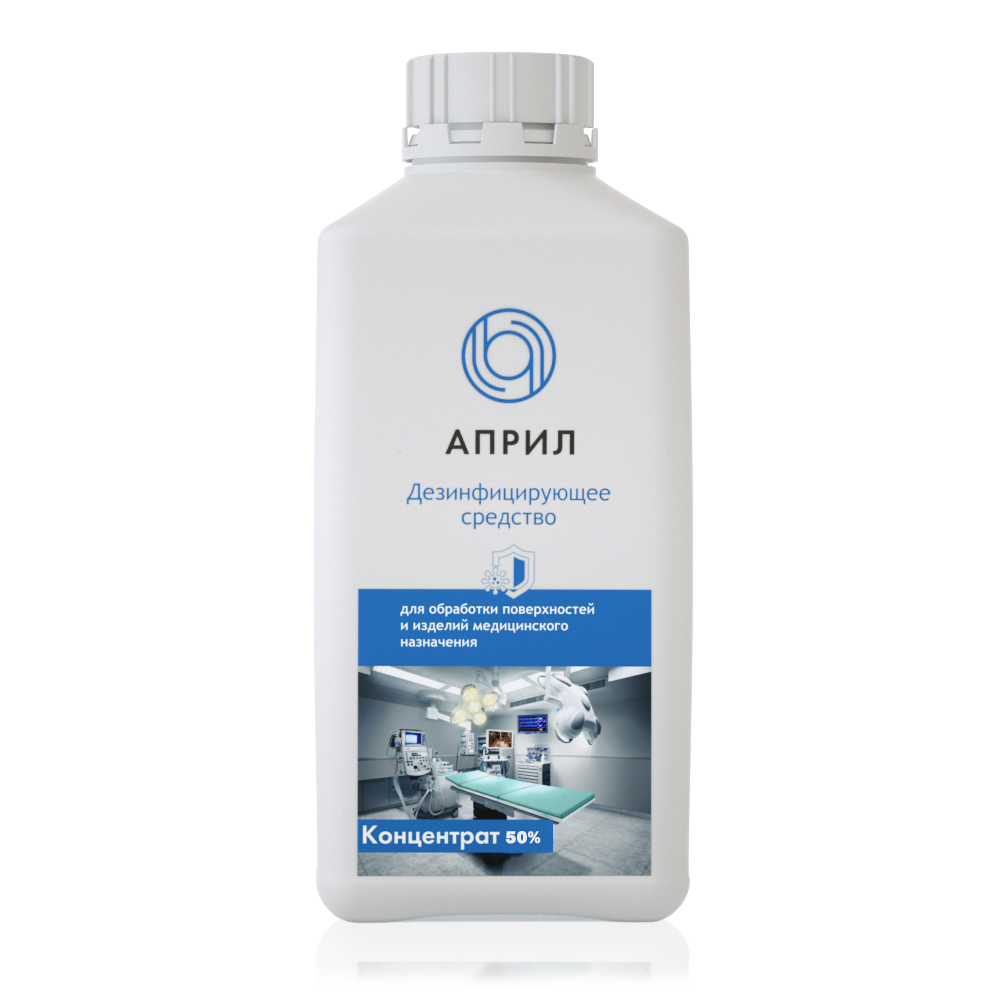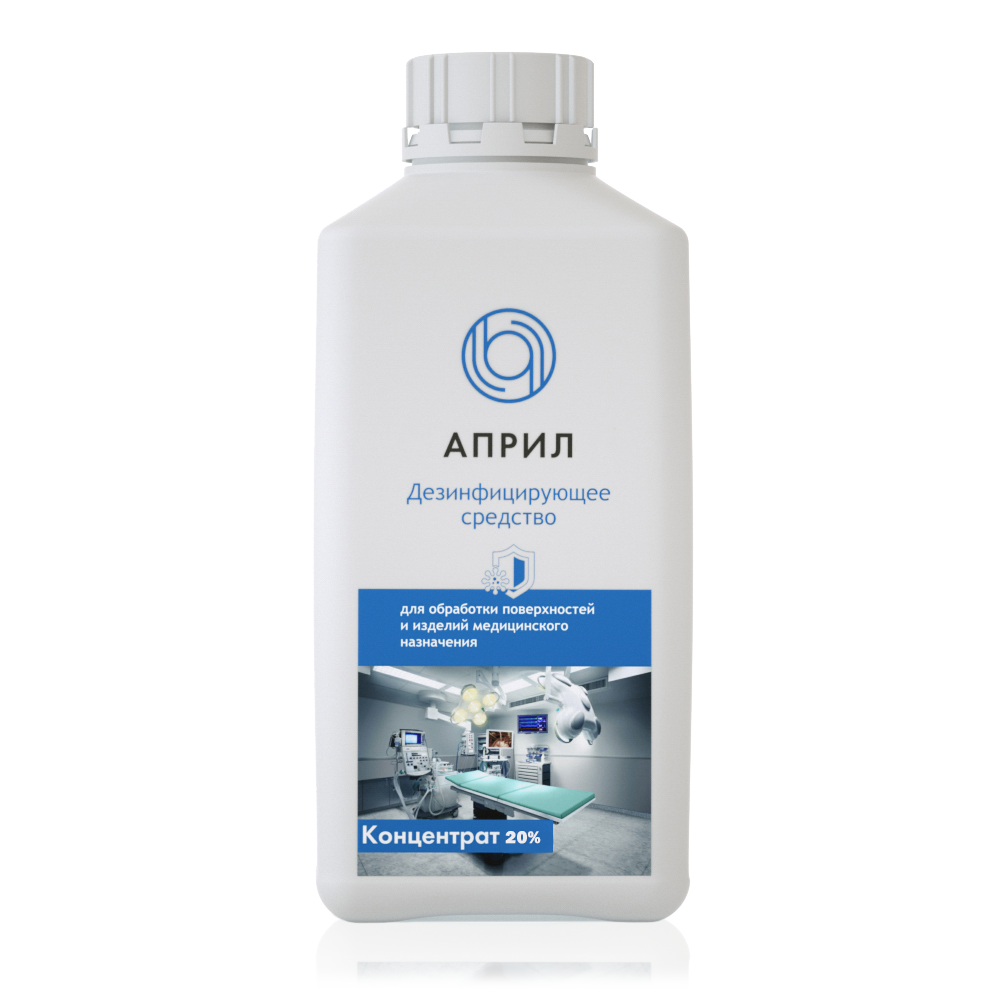
Nowadays there is a great positive experience of using the biocidal substance PHMG in agriculture. This is why large agro-industrial companies choose it in order to increase the volume and improve the quality of yield.
Polyhexamethylene guanidine (PHMG): chloride (PHMG-chloride) and phosphate (PHMG-phosphate) salts are bio-degradable and environmentally friendly polymers which are used to increase the productivity and quality of agricultural crops at all stages of production, including:
- in order to protect the soil from both water and wind erosion (polyacrylic acid in combination with PHMG forms insoluble polyelectrolyte complexes);
- for complex disinfection of the soil, PGMG eliminates the soil infected with fungi and pathogenic microorganisms;
In plant production PHMG is used for the fungicidal treatment of sown seeds to combat various diseases of vegetative plants, as well as in cases of winter storage to increase the safety of crop yields.
PGMG for crop production:
Our long-term experience has shown that the use of PHMG salts as pesticides contributes to the effective and long-term protection of plants from infectious diseases caused by pathogens of viral, bacterial and fungal nature.
The most common method of combating diseases of cultivated plants is etching the planting material before planting with a 0.1-1.0% aqueous solution of the substance PHMG in the ratio of 100 g of the product per 1 ton of tubers or seeds.
It must be noted that the effectiveness of plant protection in this way is much higher, in comparison with a 10-fold dose of substances such as baitana, benomil or fundazole, which are imported from other countries.
Due to its low toxicity and water solubility, the substance PHMG is more convenient and safe to use.
According to the results of laboratory studies and on the basis of field tests conducted at the Kustanay plant Protection Station (“Zarechye” enterprise), effective plant protection was detected when wheat seeds of the Zhigulevskaya and Saratovskaya-29 varieties were etched with a 1% solution of the substance PHMG against such common diseases as septoriosis (96.7%), helminthosporosis and fusariosis (100%).
When treating wheat seeds with a solution of Polyhexamethylenguanidine 0.75% the same result is obtained as the same treatment, but only with a 10-fold dose of tetramethylthiuram disulfide (high toxicity substance).
Etching the planting material using a solution of PHMG is efficient for protecting potatoes as well.
For example, at the Vladimir machine testing station due to the pre-planting treatment of potatoes with a solution of PHMG-chloride, there was an increase in the yield of 30c/ha. Thanks to the substance PGMG, it was possible to lower the incidence of bushes and tubers grown from them with rhizoctoniosis, alternariosis and зhytophthora blight by 4 times.
Also the exposure of sunflower seeds of the VNIIMK-79 variety was reduced:
– Alternaria fungi — from 64% to 42%,
– Mucor fungi— from 97 to 28%,
– Penicillium fungi – from 67 to 59%.
If symptoms of the disease emerge in vegetative plants, it is recommended to treat them with a 0.01-0.1% aqueous solution based on PHMG – phosphate. As an example, potatoes can be protected from late blight if leaves are treated with this solution.
According to the North Caucasus Research Institute of Phytopathology, in addition to protecting against infections, PHMG also protects plants from overdosed herbicides effectively.
PHMG for agricultural products:
Solutions based on PHMG-phosphate are used for processing fruits and vegetables before placing them into a storage. On the surface of the fruit, a thin polymer film is formed that protects them from the destructive effects of different microorganisms. It can be easily washed off with water if needed.
According to the NGO for potato growing “Lyubertsy” of the Moscow region, 0.25% aqueous solution of PHMG-phosphate decreases the growth of all common pathogens of potato diseases if its tubers are processed before placing them for winter storage.
The tubers are treated by spraying or washing the vegetables. Drying the already processed potatoes is not necessary and the protective effect remains during the five-month winter period of storage. It should be mentioned that this treatment is absolutely harmless for humans.
During the research, 3 months after the storage of processed potato tubers, the substance content in peeled potatoes was only 0.8 mg / kg, with an acceptable level of 1.5 mg/kg. In the boiled potatoes, the substance was not detected at all.
Speaking about tomatoes they are treated with 0.1-0.5% solution of PHMG-chloride or PHMG-phosphate. After that they are kept at t 20-25°C in plastic bags with small holes. This approach ensures their 80% conservation during the whole month, when only 25% of tomatoes are preserved without treatment with PHMG.
Carrots treated with 0.1% aqueous solution of PHMG-phosphate and sent in plastic bags with holes in them, never lose any of their characteristics at a temperature of 22°C during 2 weeks. While unprocessed carrots are completely affected with this method of storage,
Storing cabbage with the same treatment will allow you to decrease the damage caused by mold by 2 times.
When apples are treated with a 0.05% solution of PHMG-phosphate and stored in boxes at t 22°C, the loss of these fruits is reduced by 2 times.
In contrast to untreated oranges, the treated with 0.2% PHMG solution are 5 times less damaged.
When spraying 0.01% PHMG solution on tobacco plants, the tobacco mosaic virus is combated by 95-97%.
In order to preserve the sugar content of sugar beet during storage, a special low-cost technology which uses PHMG-phosphate 0.1% and oxalane 0.2% has been developed in sugar factories. Spraying beet with this antiseptic solution reduces losses and highly increases the sugar yield during processing — by 15-30%.
When storing sugar beet for more than a month, if using the processing described above, the destruction processes of this vegetable are slowed down by 30-85%.
Conclusion: Solutions based on PHMG are effectively used in the needs of agro-industrial sphere. It helps to reduce the damage of the product by bacterial, viral and fungal diseases for a 40-50%. It improves the productivity of agricultural organizations and reduces their costs for various plant and vegetable protection products indeed.
The main direction of the company “Alterchem-Pro” LLC is the production of Polyhexamethyleneguanidine hydrochloride and Polyhexamethyleneguanidine Phosphate — PHMG-hydrochloride and PHMG-phosphate) – biocidal substances which are consistent with all the norms and quality standards of GOST.
Learn more details about our products (crystals and solutions) by clicking on the link >>> PGMG HYDROCHLORIDE >>>
For wholesale deliveries please contact us by phone: +7 (831) 274-66-84
or text emails office@alterhim-pro.ru
We will be glad to answer all your questions!






